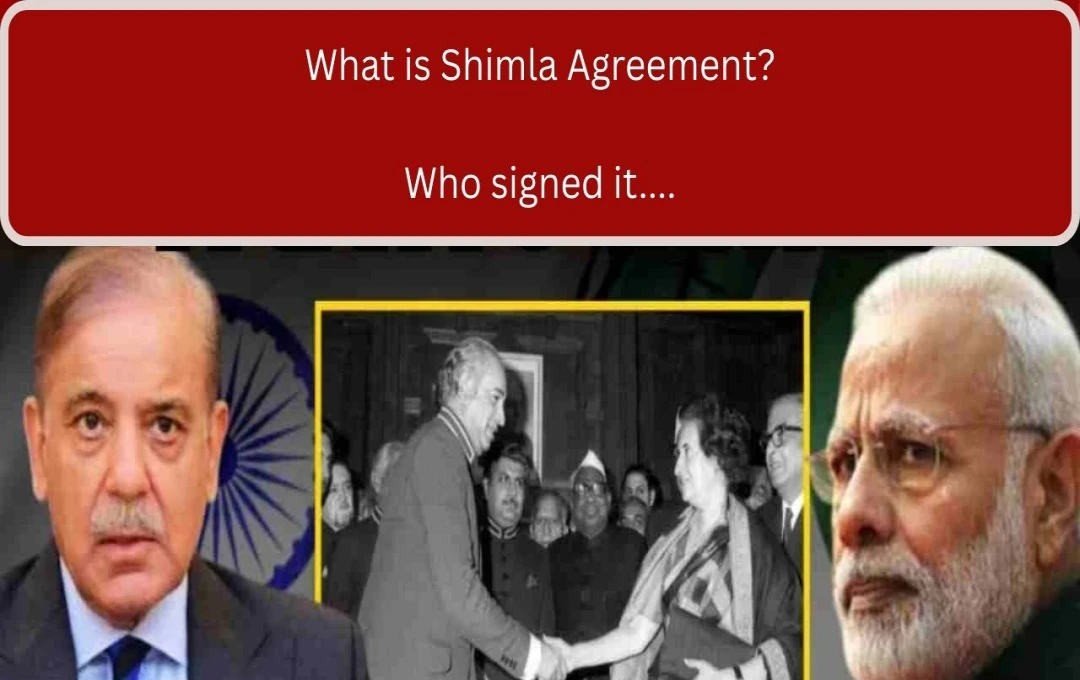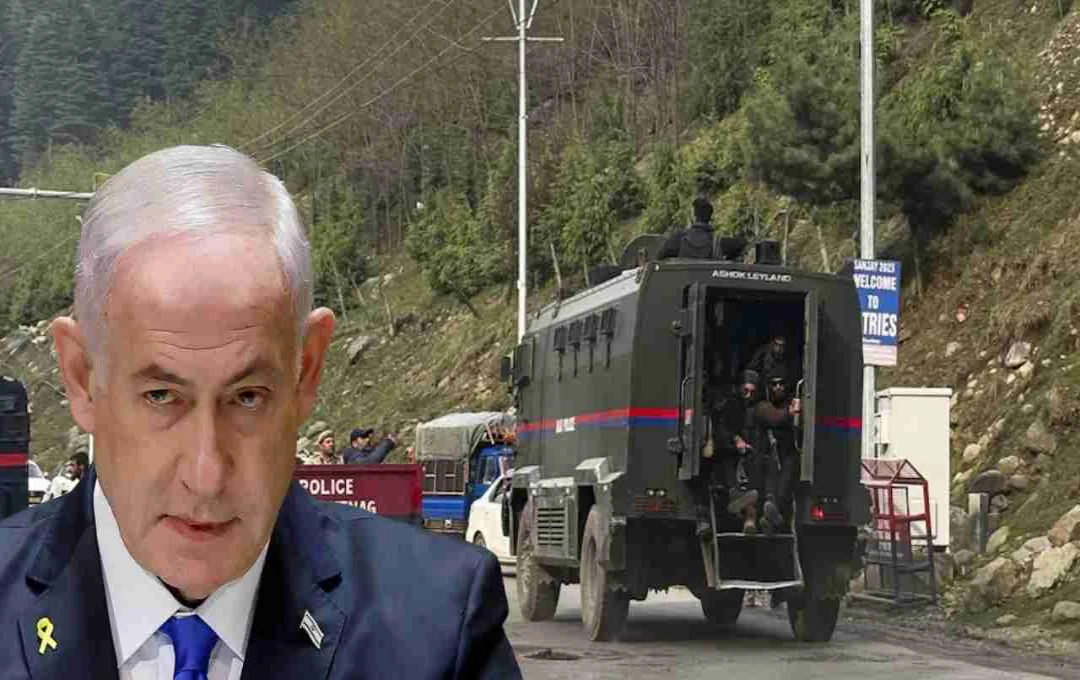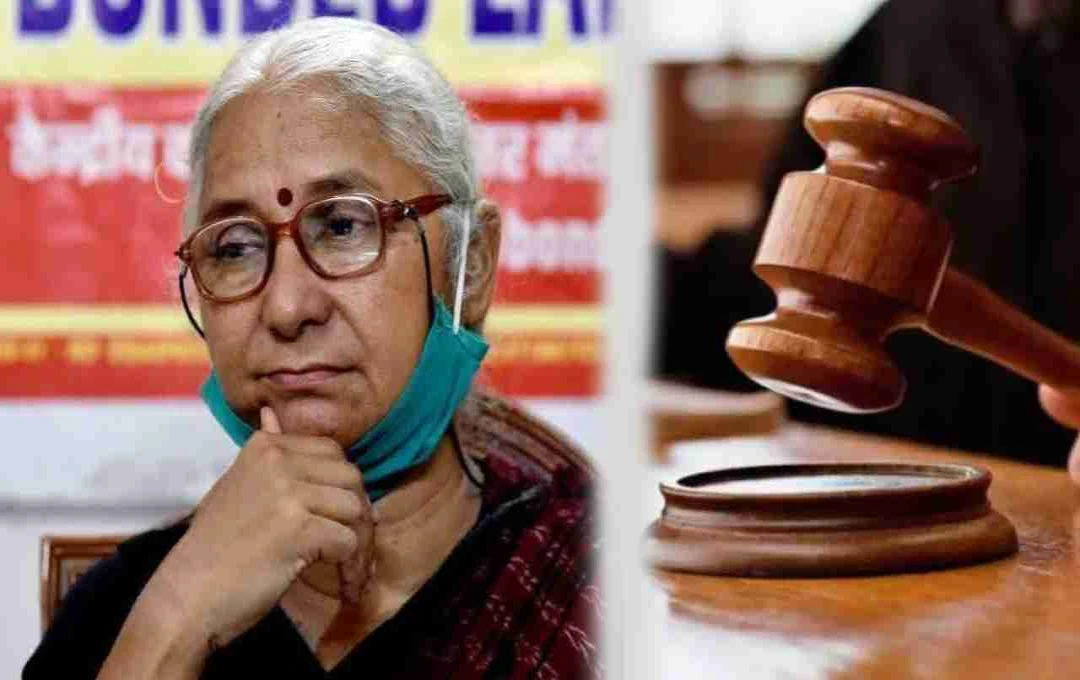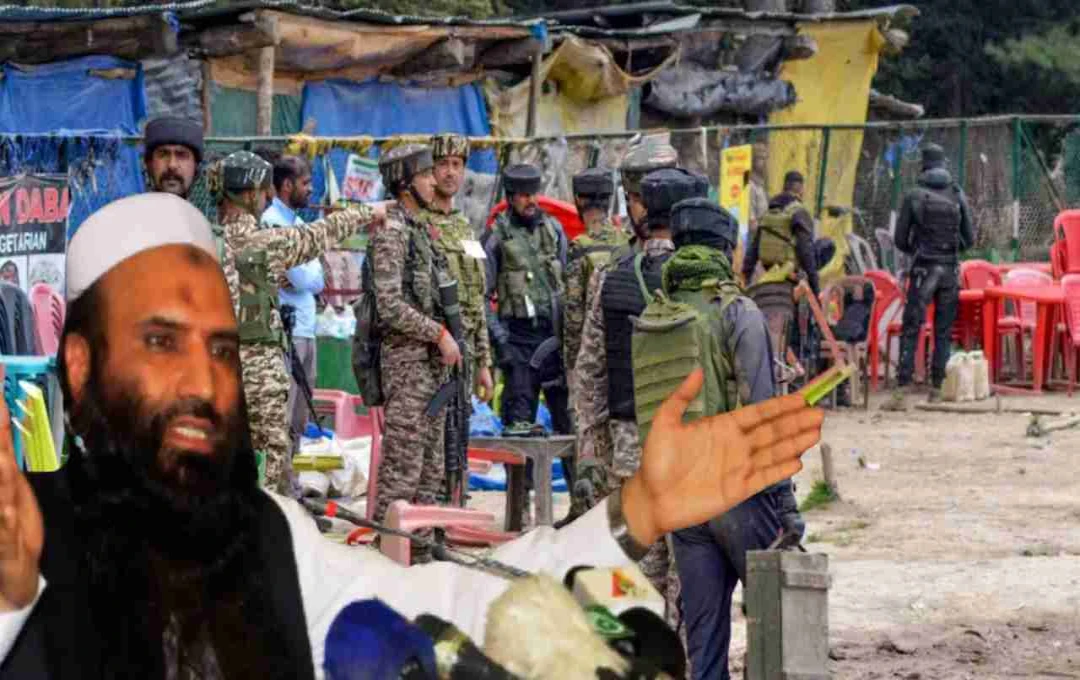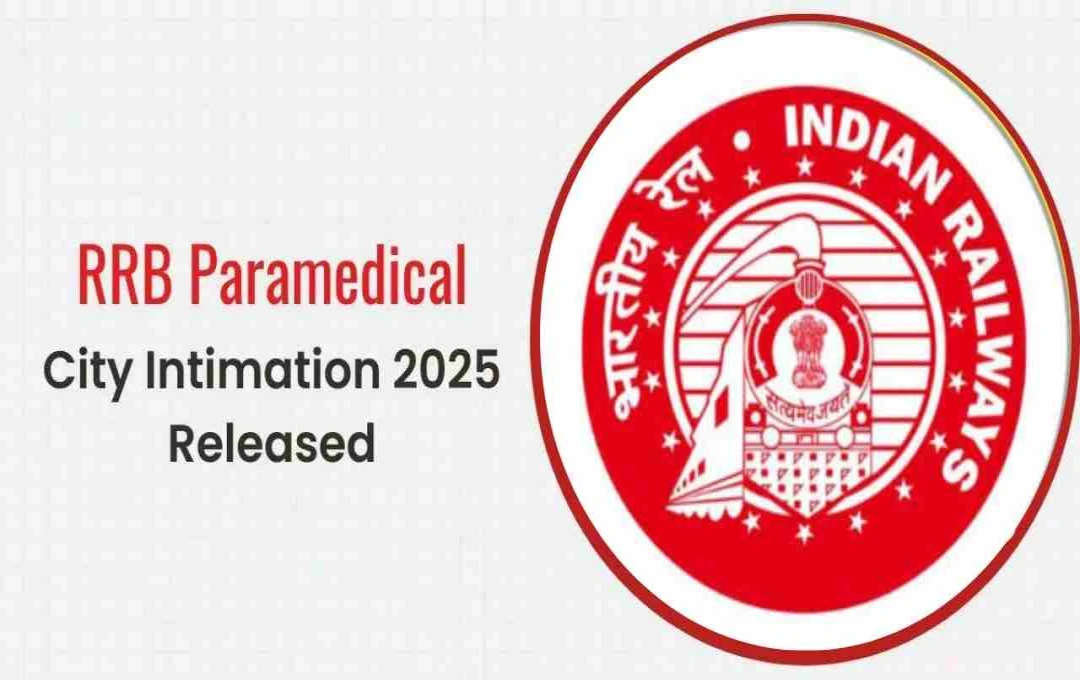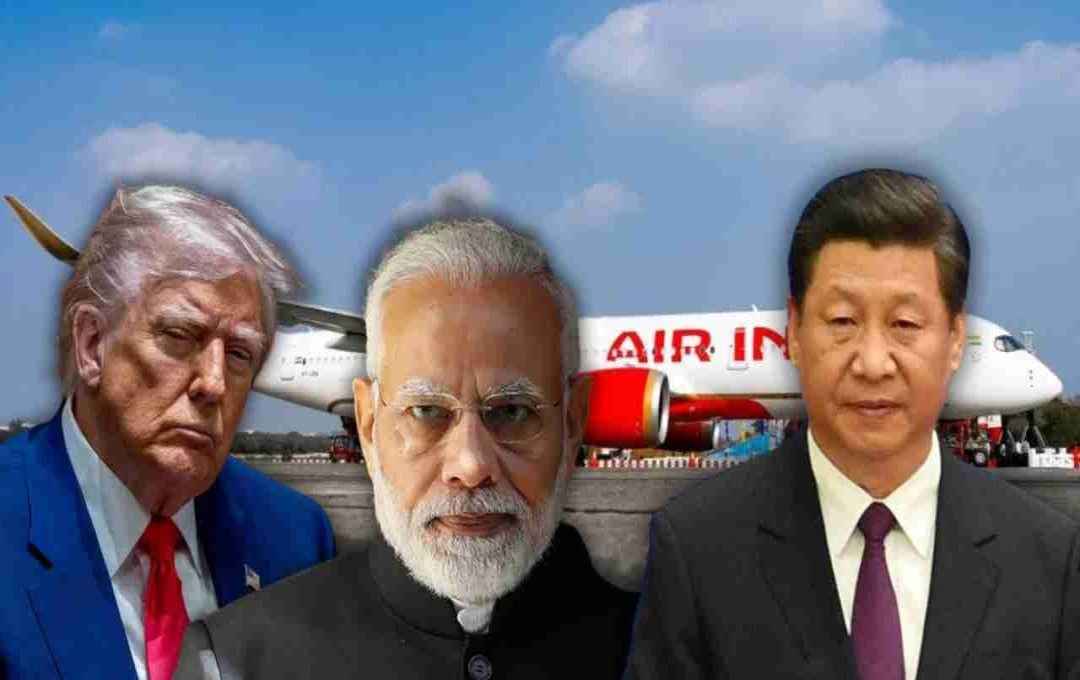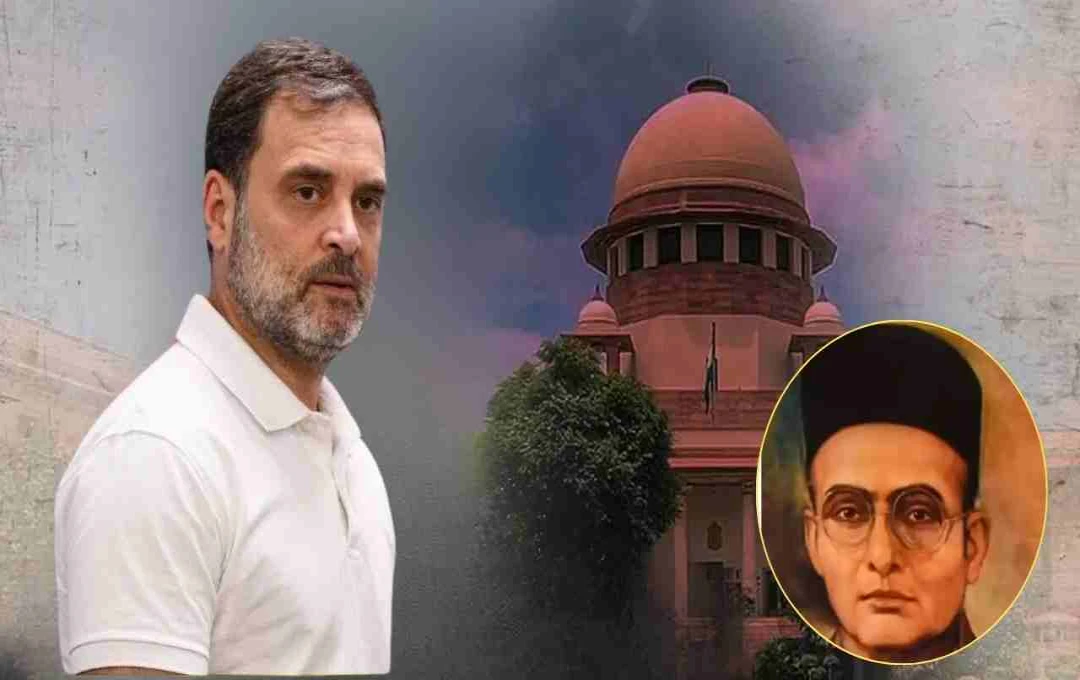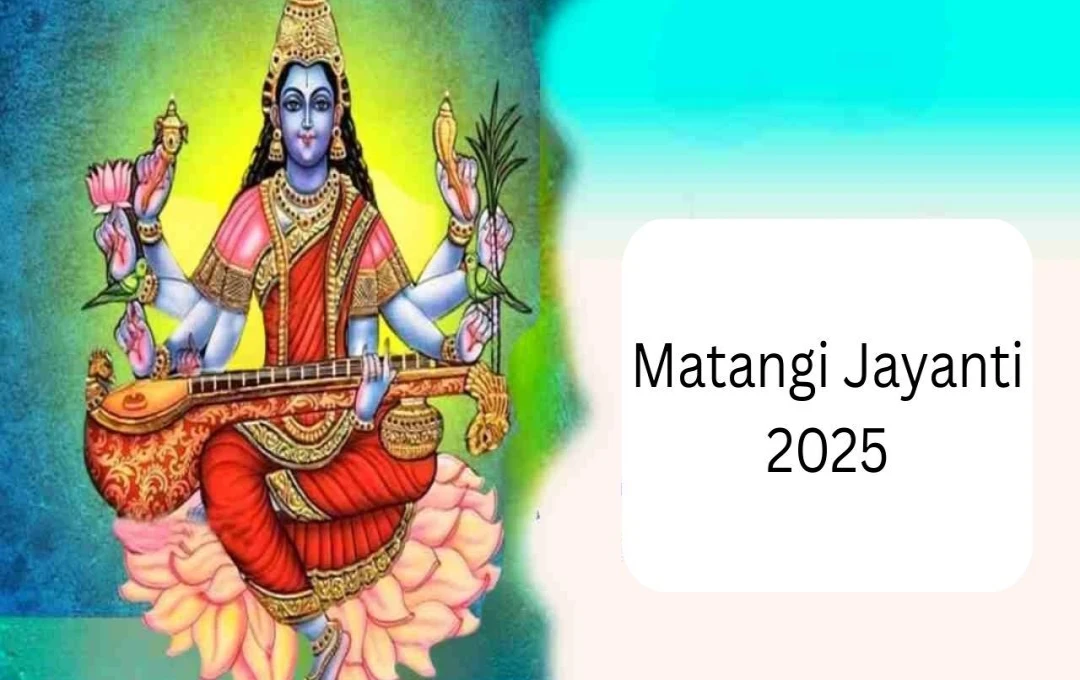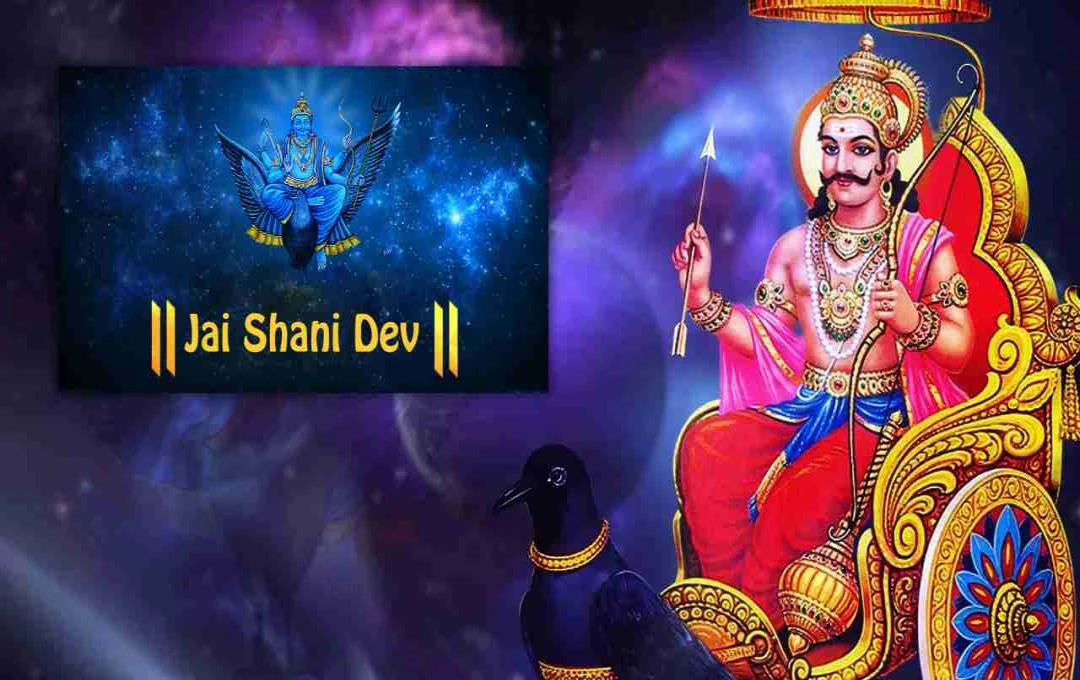The Simla Agreement is a landmark agreement signed between India and Pakistan in 1972. This agreement aimed to restore peace after the 1971 war, a decisive conflict resulting in the creation of Bangladesh.
Simla Agreement: The Simla Agreement has once again come into focus after Pakistan's announcement to revoke it. Signed in 1972 to restore peace between the two nations following a decisive war, this move by Pakistan, amidst renewed tensions, introduces a new layer of complexity in their relationship.
This agreement was not only a crucial step towards peace after the war but also marked the beginning of a new chapter in relations between the two countries. This article will delve into the Simla Agreement, its significance, instances of its violation, and the evolving circumstances following Pakistan's decision to revoke it.
Simla Agreement: History and Objectives
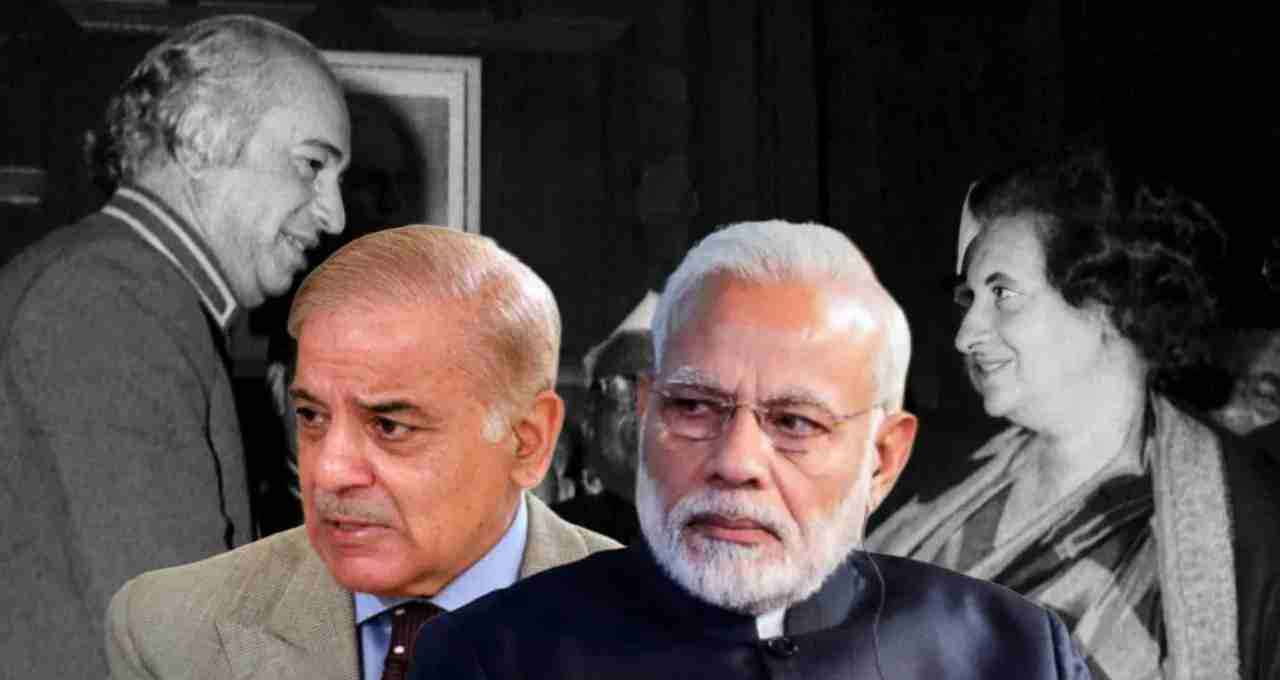
The 1971 war between India and Pakistan, also known as the liberation war of East Pakistan, was highly significant for both nations. India's victory led to the independence of East Pakistan (now Bangladesh). The Indian army captured nearly 90,000 Pakistani soldiers.
Subsequently, the need to improve relations and establish peace was felt, leading to the Simla Agreement. On July 2, 1972, a historic agreement, the Simla Agreement, was signed in Simla between India and Pakistan. It was signed by Indian Prime Minister Indira Gandhi and Pakistani President Zulfikar Ali Bhutto.
The agreement aimed to prevent future wars and promote dialogue for peace. Both nations pledged to respect each other's sovereignty and territorial integrity, agreeing to resolve future disputes through dialogue.
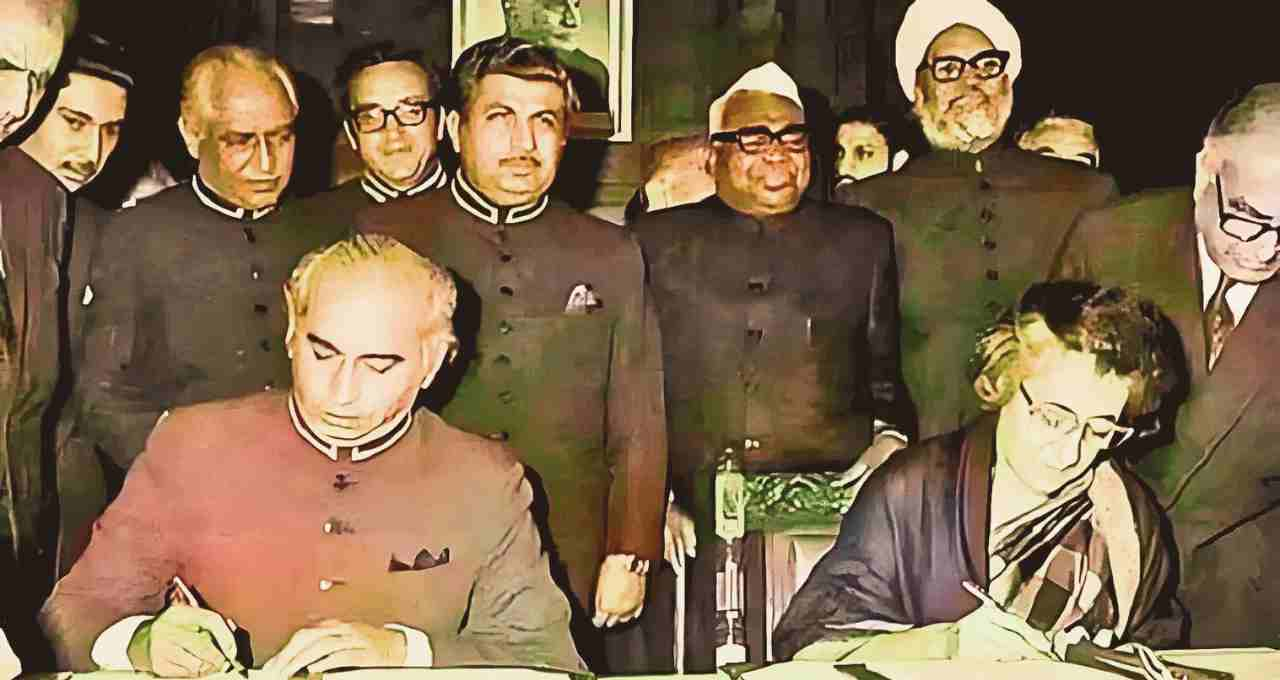
Key Provisions of the Simla Agreement
- Resolution of Border Disputes: The Simla Agreement stipulated that future border or other disputes would be resolved through direct bilateral talks, excluding any third-party mediation.
- Exchange of Prisoners of War: The agreement facilitated the release and repatriation of prisoners of war.
- Initiation of Direct Dialogue: Regular dialogue was established to peacefully resolve mutual disputes.
- Curbing Terrorist Activities: Both countries agreed not to encourage terrorist activities against each other and to respect each other's sovereignty.
- Trade and Economic Cooperation: The agreement promoted trade and other economic activities to foster contact and trust between citizens of both nations.
Violation of the Simla Agreement by Pakistan
Pakistan violated the Simla Agreement in 1999 when its army infiltrated the Indian territory of Jammu and Kashmir, an event known as the Kargil War. Pakistani soldiers engaged Indian forces, resulting in a fierce conflict. India launched 'Operation Vijay' to repel Pakistani troops, leading to a significant Pakistani defeat.
The Kargil War marked a clear violation of the Simla Agreement's commitment to respecting borders and avoiding conflict. Although Pakistan attempted to reinstate the agreement afterward, the lack of trust and the ongoing Kashmir dispute hampered its success.
Impact and Limitations of the Simla Agreement

While the Simla Agreement was a significant step towards peace, relations deteriorated over time. The Siachen Glacier dispute emerged in the 1980s. In 1984, India's Operation Meghdoot secured control of Siachen, which Pakistan considered a violation of the Simla Agreement.
Pakistan argued that the Siachen issue wasn't explicitly addressed in the Simla Agreement. Persistent tensions over Kashmir further undermined the agreement's objectives. Despite peace efforts, Pakistan's support for terrorism and border incursions hindered the agreement's success.
Impact of Pakistan's Revoking of the Simla Agreement
Pakistan's decision to revoke the Simla Agreement introduces a new layer of complexity into the relationship. This move suggests a potentially more aggressive policy towards India, raising concerns for both nations. The revocation may further diminish the prospect of bilateral dialogue, negatively impacting regional stability.
